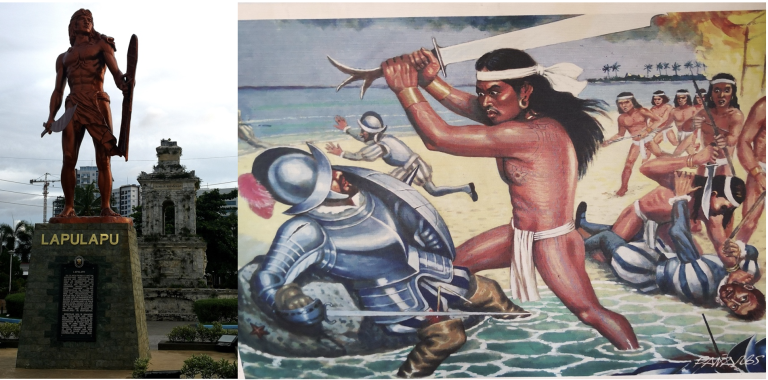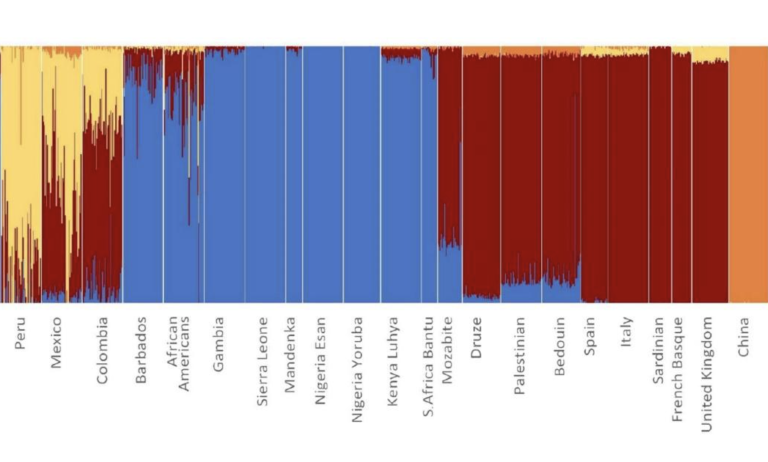Episode 5: The Mariana Islands

In the first few months of 1521, the Magellan expedition achieved the remarkable feat of surviving the first known human crossing of the Pacific from Patagonia to the fringe of Maritime Southeast Asia. They were in miserable shape.




